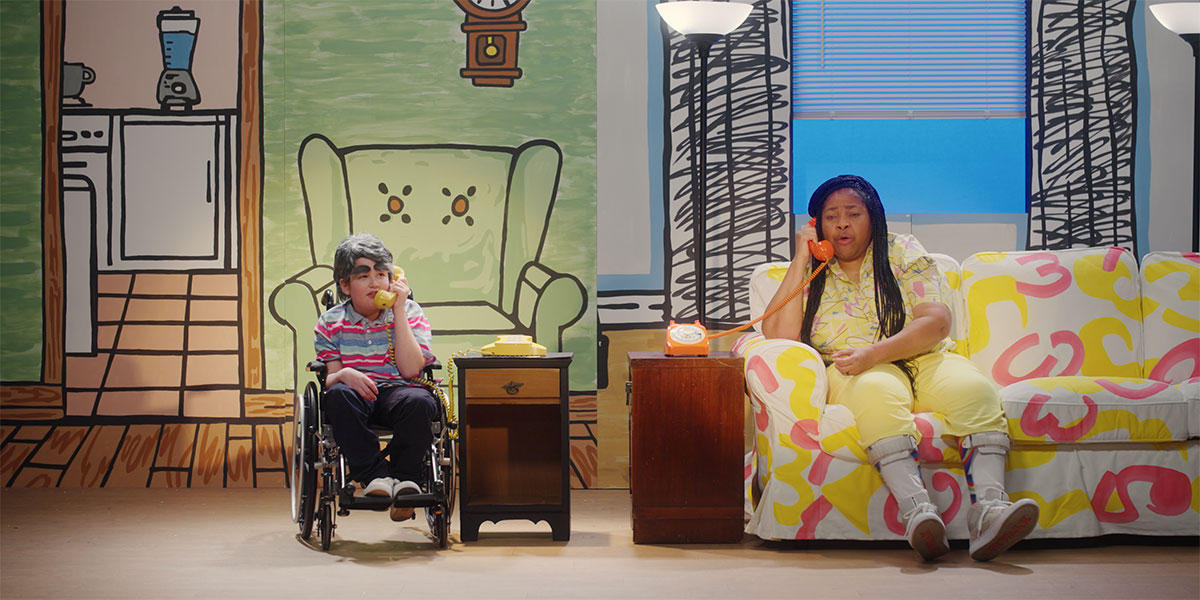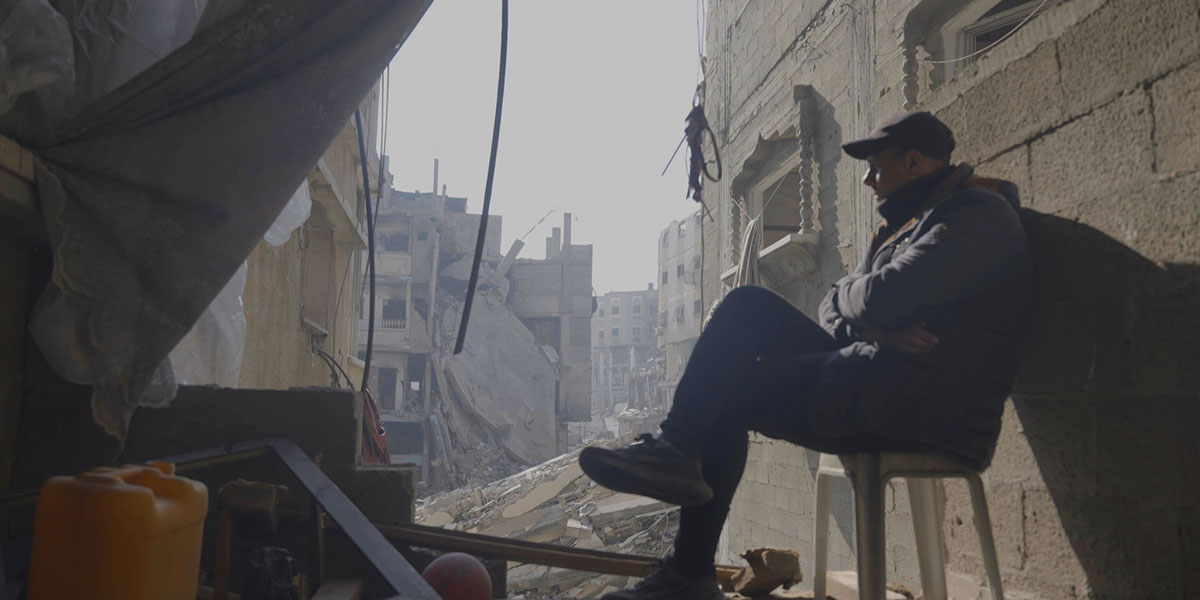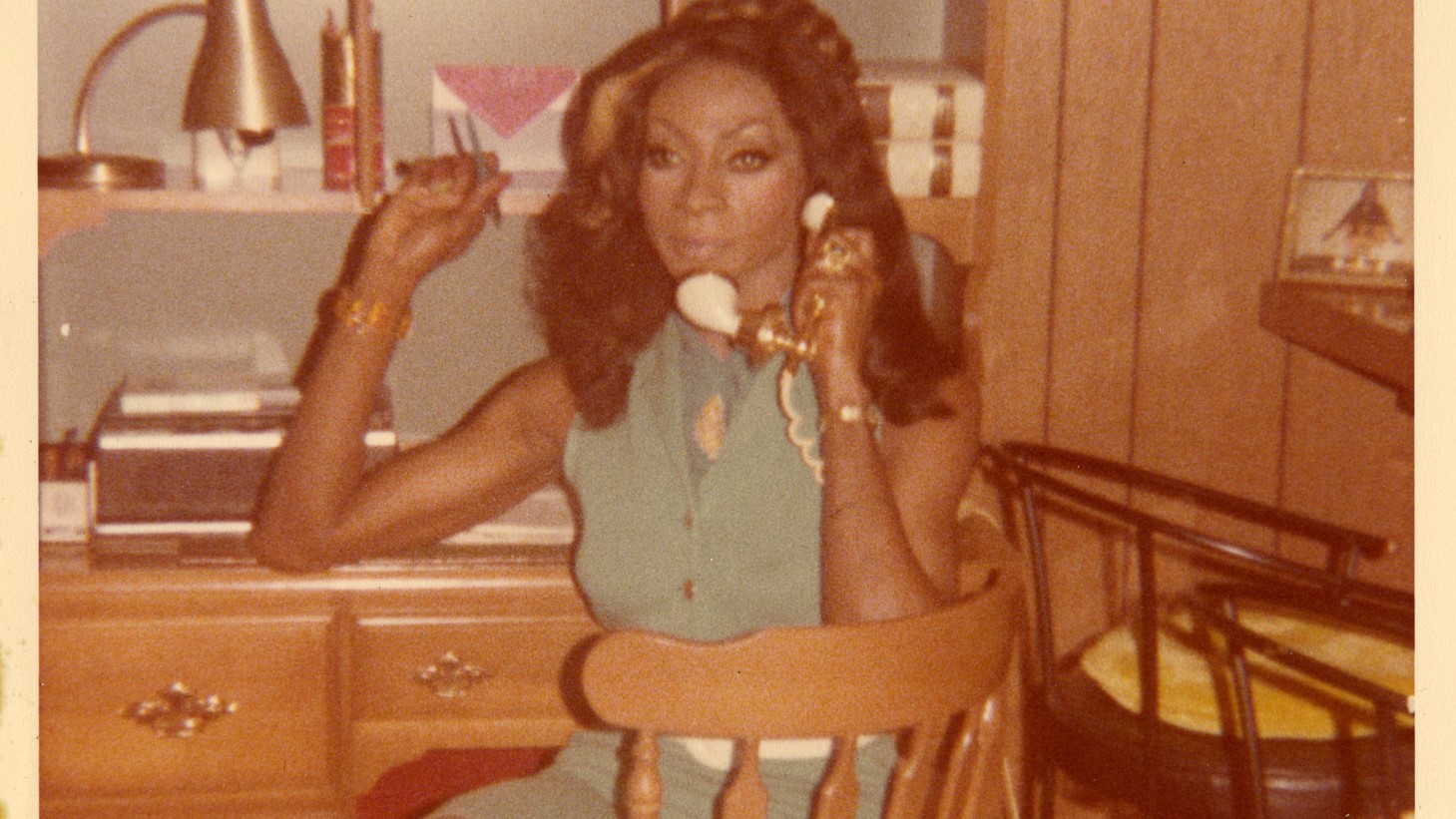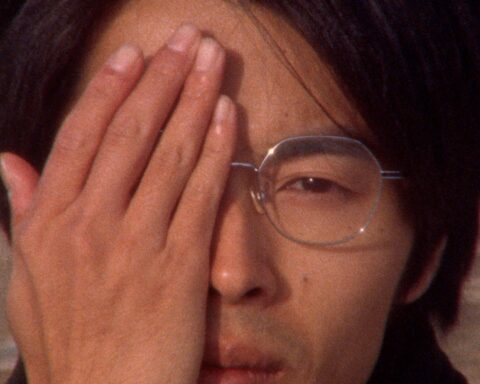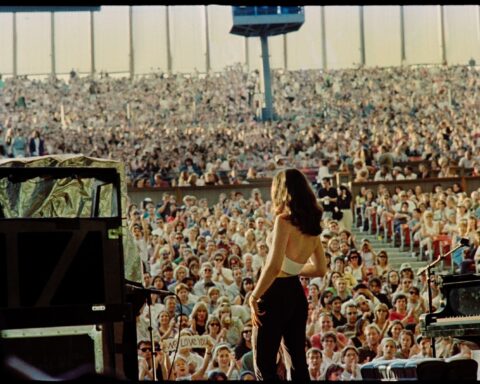Patrice: The Movie
(USA, 102 min.)
Dir. Ted Passon
Programme: TIFF Docs (World premiere)
Meet Patrice Jetter. She’s the best darn crossing guard in New Jersey. The kids love her. She loves them. She’s one of those people with infectious joie de vivre who brightens the day when one crosses her path.
That embodiment of brilliant sunshine radiates throughout Patrice: The Movie, Ted Passon’s portrait of Patrice, her daily experience with disabilities, and her deep love for her partner Garry. The film enters the life of Patrice and Garry as their relationship takes a bittersweet turn. After years of friendship and then romance, Patrice tells how Garry proposed to her. She obviously says yes, but accepting the offer doesn’t mean they can marry, for Patrice and Garry get terrible news. As disabled people, they will see their social support benefits and access to medical assistance dramatically reduced or lost altogether if they marry or even cohabitate.
The news devastates the couple. It forces them to make a brutal Sophie’s Choice decision: spend the rest of the lives together or spend the rest of their lives with access to essential care that would otherwise be prohibitively expensive.
While the premise sounds bleak, Passon ensures that the film is anything but that. Patrice is an upbeat celebration of life as Patrice’s indefatigable optimism and knack for storytelling drives the film. Her interviews approach issues in a roundabout way. There’s always a beginning, a middle, and an end to Patrice’s takes. Passon smartly harnesses his participant’s innate gift for storytelling and makes it part of the documentary’s design.
The film features vibrant vignettes that tell the backstory of Patrice’s life. Patrice plays herself with dramatic gusto, while an ensemble of child actors plays various parties in her story: her classmates, friends, bullies, and her mom. The set design takes a cue from Patrice’s artwork as storybook sets create a world sketched in markers and crayons. As Patrice looks back on her first days of school, where she was the only kid in the yard forced to wear a harness, she refuses to let any hardships define her. Instead, she’s a model for the power of turning a frown upside down as she creates worlds in which she’s the hero working to make the best possible environment for her friends.
It’s an infectiously giddy direction, somewhat akin to Billy Corben’s take of having children recreate a sports doping scandal in Screwball. But it’s also an effective method for adapting the storytelling to suit Patrice’s participation and to portray her story authentically. This is a smart window into new approaches to accessible filmmaking, but also a feat of euphorically great filmmaking.
The doc also features vérité footage of Patrice and Garry’s daily life, both together and apart. Passon observes how they care for one another, but also the level of difficult entailed in daily routines like preparing a meal separately or together. Another moment sees Patrice help Garry into bed, lifting him out of his wheelchair and sliding him onto the sheets before diving in beside him. The film intimately observes them together, offering a unique window into a healthy relationship in which care is part of daily life.
Passon, making his feature directorial debut after working in doc series like Philly D.A. and Worn Stories, keeps the doc light without being lightweight. Patrice’s story includes considerable tragedy: a mother who gave up on her after endeavouring to keep her out of intuitions for years, enduring all forms of abuse at said institutions, and then being treated unfairly when she sought employment as a crossing guard. Her situation with Garry and the choice to marry offers perhaps the greatest challenge yet.
Patrice and Garry decide to go ahead with a “commitment ceremony” in lieu of formal marriage. Their plight echoes that of so many people in the fight for marriage equality. Passon’s film becomes an astute human rights saga as Patrice and Garry work together with their friends, all of whom have either physical or developmental disabilities, to make the partnership happen. They meet with lawyers and activists who encourage them to join the larger fight for marriage rights as legislation to repeal marriage as a disqualifier to benefits keeps getting held up. Simply put, elected leaders think it’s too expensive to provide for both partners, although as Patrice continually points out, they’re covering two people anyway by forcing them to stay apart.
Patrice’s story encounters another hurdle when her accessible van breaks down. She needs one to get to work, but also to visit Garry and transport his wheelchair. With funds for the commitment ceremony taking up whatever limited resources they have, Patrice and company turn to alternative means. They collect cans and launch a crowdfunding campaign to get Patrice her van and to let her keep her job. While this narrative arc injects the documentary with a fiery underdog tale, it also stresses an important point in the fight for disability rights: people shouldn’t have to crowdfund their basic needs.
The film combines heart and humour to create a rich, inclusive, and inviting tale. Passon, working with numerous people with disabilities on the crew including Crip Camp‘s James LeBrecht on sound, forges a refreshingly forward-thinking doc that inspires audiences to step back and recognize that everyone deserves a happy ending to their story, and that the journey to get there inevitably takes different paths for different people. Patrice and Garry deserve their happily-ever-after, and in sharing their story, they’ll help more people enjoy theirs too.




